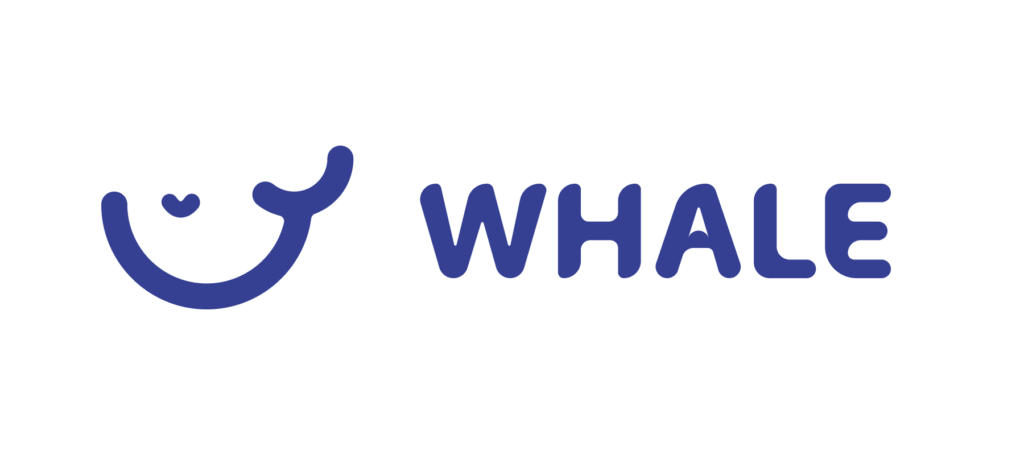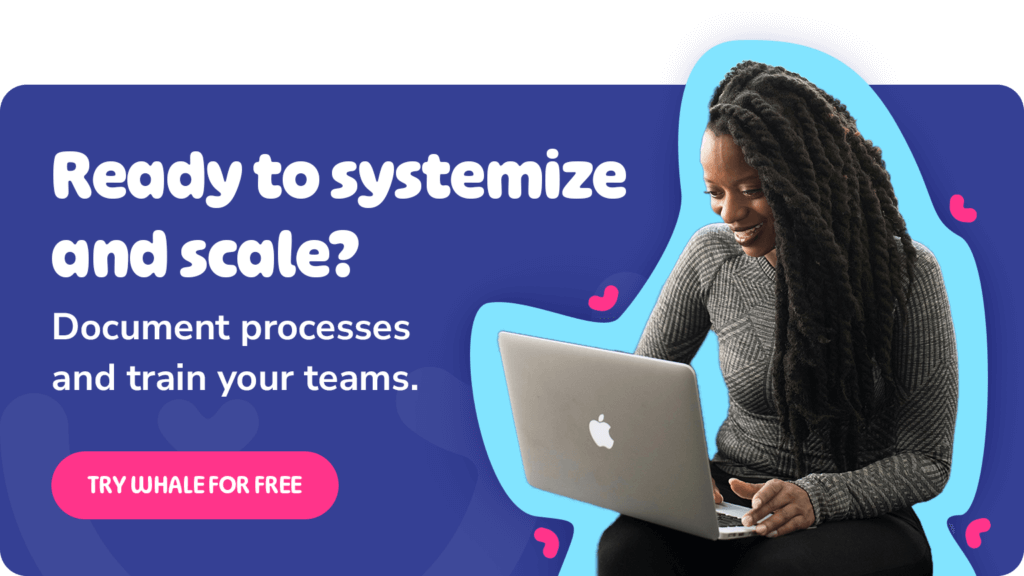Stas Kulesh and David Kravitz started Karma in 2018 after a mission to up their internal employee engagement.
We LOVE a little Karma at Whale and use it for our own team so we wanted to know what contributed to Karma’s growth and why employee experience should still be a priority in 2024.
If you’re not familiar with it, Karma is an employee engagement tool that builds true bonding for teams.
Six months after the team began using Karma to recognize and appreciate their own employees, the team seemed to be more efficient, supportive, and cohesive.
They’d stumbled onto a winning formula.
We spoke to David Kravitz on his journey as a co-founder on why employee engagement matters more than ever.
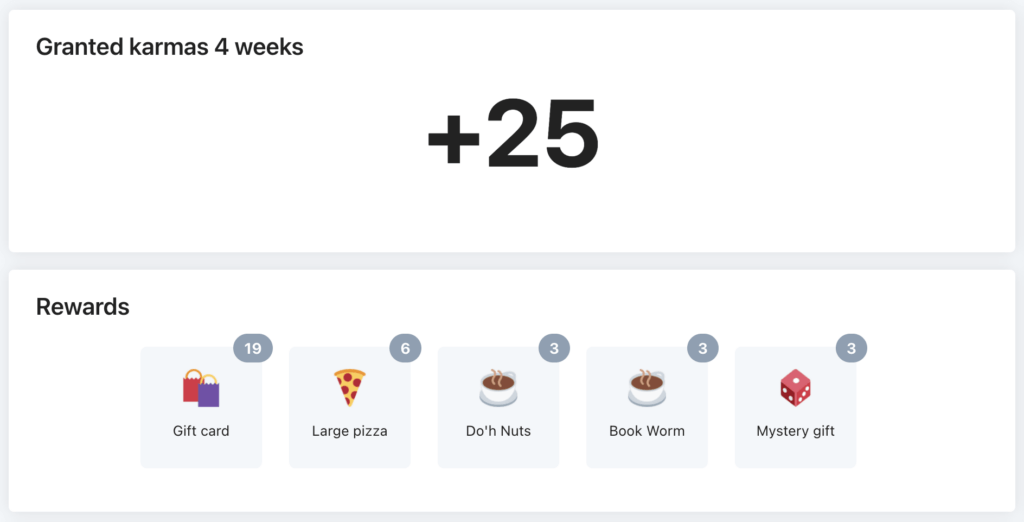
How did you start in launching your product?
After the team began using the app for their own purposes, they decided it might be worth putting the product on Product Hunt in an effort to recuperate their development costs.
They ranked 5th product on the day of the launch, and the success motivated them to publish Karma bot to the Slack app directory.
Later, they launched the product on the MS Teams and Telegram platforms. Karma was also recognized globally: in 2018, Microsoft announced a significant investment to help adapt Karma for MS Teams, part of the Office365 package.
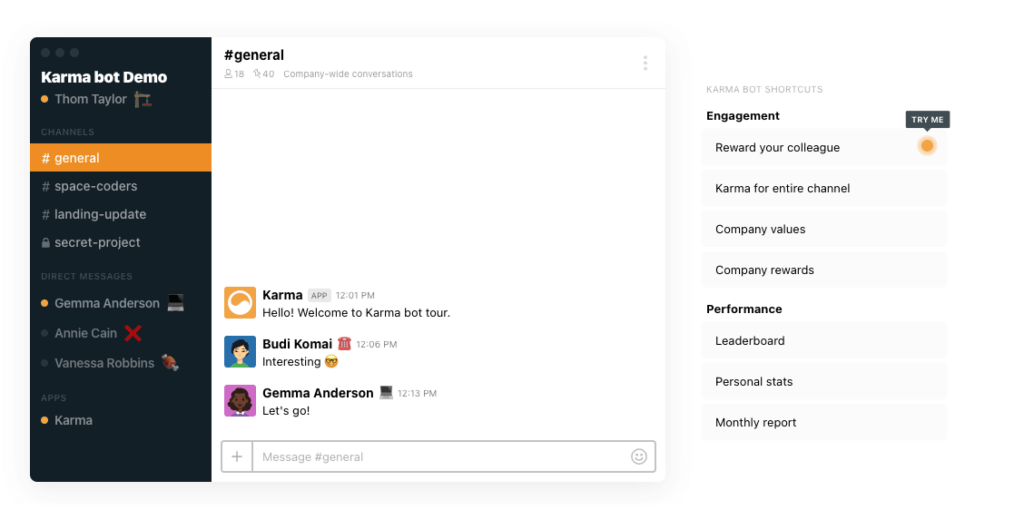
Does employee engagement (still) matter?
Absolutely. It’s a metric that impacts the bottom line. Employees who are recognized are 2.7 times more likely to be highly engaged.
"Organizational outcomes in retention and productivity are closely tied to employee experience, and companies usually perform better when employees are not merely satisfied but genuinely engaged." (Forbes)
What's the link between employee recognition and employee engagement?
According to Gallup, recognition not only boosts individual employee engagement but also has been found to increase productivity and loyalty to the company, leading to higher retention. The same research revealed that companies with higher employee engagement experienced a 21% boost in productivity compared to those with lower engagement levels.
It’s no surprise because when employees receive recognition, it fosters a heightened sense of motivation, inspiring them to consistently deliver exceptional performance.
But that’s not all…
Engagement improves retention
If you don’t want to invest a ton of time, energy and resources in finding new talent, than listen up. Employees who are appreciated are more loyal to their employers.
One study by Aon Hewitt found that turnover was reduced by 31% at companies with a strong culture of employee appreciation compared to businesses with weaker recognition programs.
And fosters connection
In companies where an effective recognition system is in place, employees are five times more likely to feel connected to the company’s culture and four times more likely to be engaged in their work.
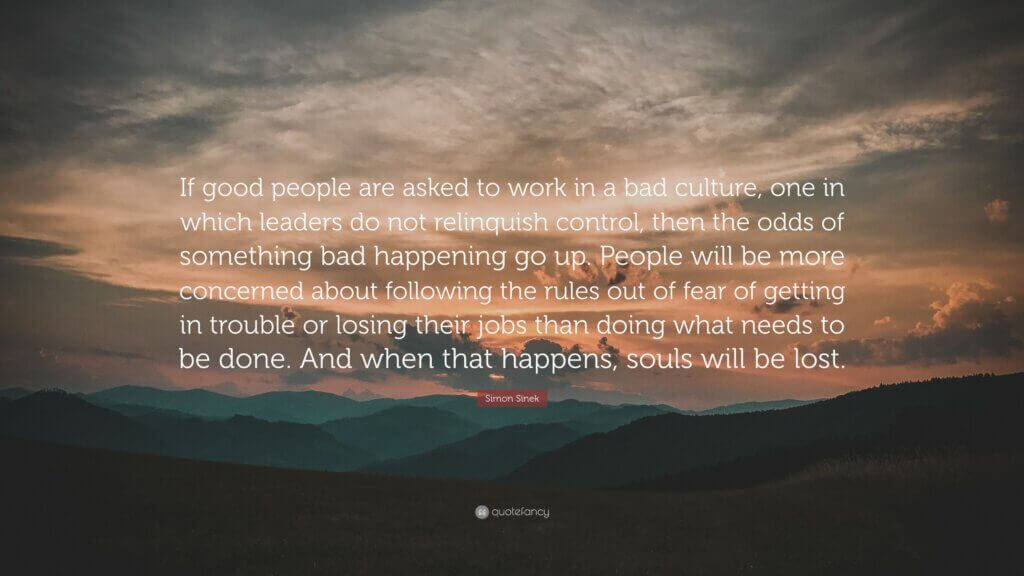
What advice would you give to other entrepreneurs?
Do you mean apart from that, employee engagement really matters to a business?
Talk to your customers!
Some people say build it, and they will come, but that just isn’t true.
You’ve got to build a little and then put it in front of your clients or prospective clients.
Get them to know and try to test the product and give you feedback early on because people will tell you what to build and what they need.

How can you increase employee engagement in the workplace?
1. Get involved
Nearly 80% of employees worldwide are still not engaged or are actively disengaged at work, despite more effort from companies.
The greatest cause of a workplace engagement program’s failure is that employee engagement is widely considered “an HR thing.”
It’s not. Leaders should be involved in employee engagement decisions as they impact bottom-line metrics.
2. Create clarity through processes
No one is going to feel engaged if they don’t know what’s going on. Create processes and give people access so they feel empowered with the knowledge needed to perform at their best.
Well-defined processes come with clear guidelines and instructions, making it easier for employees to understand their roles and responsibilities within a task or project. This is likely to reduce errors and frustration, thereby upping engagement.
3. Recognise your team and encourage them to do the same
This is why David and his team created Karma bot in the first place.
Encourage your team to use it to show appreciation actively. This can range from giving props for a job well done, thanking a colleague for their support, or recognizing someone’s creativity and problem-solving skills.
Celebrate both big wins and small victories, creating a culture of recognition and gratitude.
4. Employee training
The No.1 way organizations are working to improve retention is by “providing learning opportunities.” LinkedIn Learning Report 2023
When employees receive essential training and development opportunities, it fosters a sense of confidence in their capacity to excel in their respective roles. This newfound self-assurance subsequently fuels heightened engagement and motivation to achieve success.
Use employee onboarding and training to reinforce employee engagement and to unlock a host of other benefits.
5. Promote accountability
Creating accountability in the workplace means empowering your employees to take ownership. Given that lack of growth and development is a key reason team members leave, this is an important consideration in employee engagement.
Fostering a supportive environment where employees feel comfortable speaking up, sharing ideas, and collaborating with their colleagues can further enhance accountability and, in turn, boost overall employee engagement.
Is there an employee engagement checklist?
Want to up the engagement levels in your team? But want a checklist? We recommend the following;
- Team members know what is expected of them at work.
- Employees have the materials and equipment they need to do their work.
- At work, employees have the opportunity to do what they do best every day.
- In the last seven days, employees have received recognition or praise for doing good work.
- Employees’ supervisors or someone at work cares about them as individuals.
- The employees’ development is encouraged.
- At work, employees’ opinions seem to count.
- The mission or purpose of the company makes employees feel their jobs are important.
- Employees’ associates or fellow employees are committed to doing quality work.
- Employees have a colleague they can count on at work.
- In the last six months, someone at work has talked to employees about their progress.
- In the past year, employees have had opportunities to learn and grow.
Bottom line
David states that no one ever gets tired of hearing the words, "thank you".
- Employees who receive regular recognition tend to be more satisfied with their jobs.
- Recognition programs often highlight and reward behaviors and outcomes that align with the organization’s values, goals, and mission. When employees are recognized for exhibiting these behaviors, it reinforces the desired organizational culture, leading to greater engagement.
- When employees feel appreciated and emotionally connected to their work and organization, they are more likely to be engaged and willing to go the extra mile.
Imagine just by saying thank you, you could increase your employee engagement and even your company results?
Organizations that actively recognize and appreciate their employees are more likely to have a motivated, satisfied, and committed workforce, leading to higher productivity, lower turnover, and overall better organizational performance.
